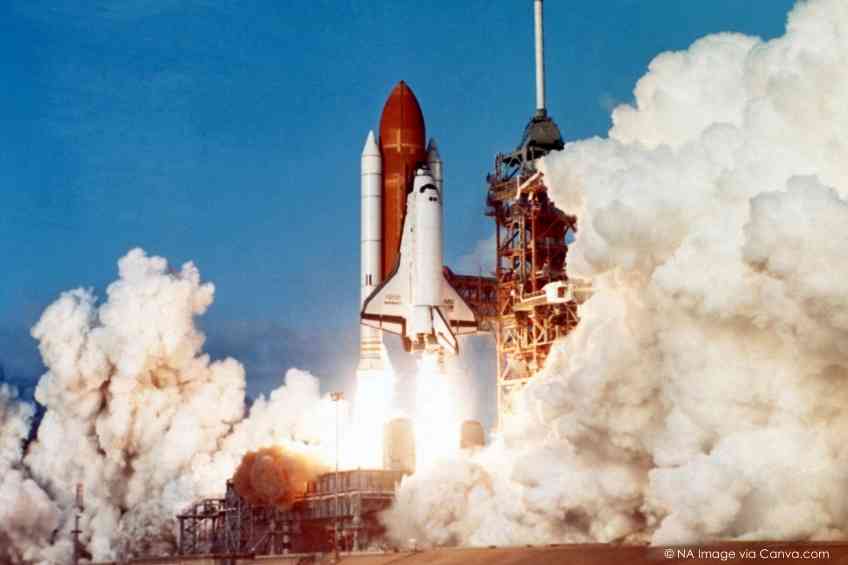By John Salak –
One sure way to ruin a vacation is to come down with a case of Montezuma’s Revenge, also known as Traveler’s Diarrhea. Of course, there are lots of other even more serious threats to tourists that can come about by consuming contaminated food or water. Think about Brucellosis, Cholera, Listeriosis, Leptospirosis, Typhoid Fever and Hepatitis A and E, Johns Hopkins Medicine warns.
These are all bad enough. But how about a topper in radiation exposure? Yes, exposure to radiation is a threat that may await space tourists. Admittedly, there aren’t that many people at risk at the moment. But that could change shortly.
Fueled by billionaires like Jeff Bezos and Elon Musk, UBS estimates that the space tourism market could reach $3 billion by 2030, according to California Tech.
Now, Britain’s University of Surrey has released a paper urging regulators and space tourism innovators to work together to protect their passengers and crews from the risks. The university warns that people don’t enjoy the same protection from electrically charged particles coming from the sun that get on the ground because of the Earth’s atmosphere and magnetic field.
The researchers warn that there can be dramatic increases in potential radiation exposure at higher altitudes, such as those envisaged for space tourist flights. Ultimately, space weather cannot yet be predicted, which opens the way for travelers to their DNA potentially leading to cancer.
Despite this threat, the university’s research team warns space tourists don’t receive a heads up on the risks involved.
“Although space tourism is very niche, it will quickly grow as an industry. With increased flights, more people could be impacted by cosmic radiation exposure, especially during rapid changes in space weather. We’re recommending how regulators and industry should work together to keep people safe without unnecessarily holding back innovation,” reported the paper’s lead author Chris Rees.
The paper’s co-author also argued that until regulations are in place, it’s up to space tourist operations to step up.
“International action is needed by regulators, but meanwhile, the early movers in the sector, like Virgin Galactic and Blue Origin, need to watch themselves and their passengers. The principles of informed consent mean stronger warnings and clearer information may be required,” said JR Catchpole.
The university’s paper specifically recommended that regulators work closely with the industry to set up guidelines and international standards. It also advised that operators clearly outline the threat to tourists and more effectively monitor of cosmic radiation during short space flights.
In the meantime, Montezuma’s Revenge doesn’t sound all that bad.










